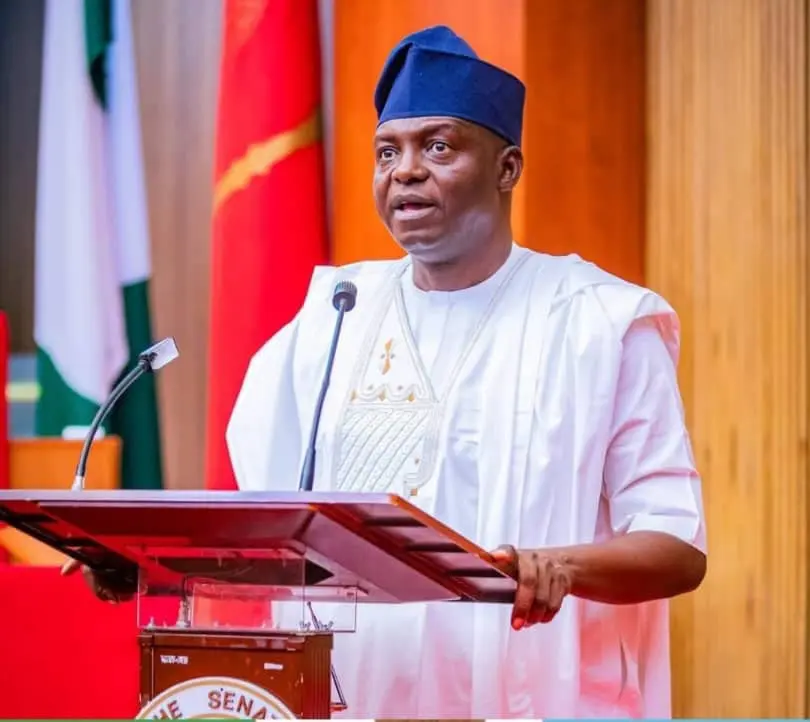The National Chairman of the All Progressives Congress (APC), Professor Nentawe Yilwatda, has downplayed the potential impact of a planned coalition among opposition parties ahead of the 2027 general elections in Nigeria. During a recent radio program in Jos, Yilwatda expressed confidence in the APC’s ability to win elections, stating that the party is not intimidated by any individual or coalition, including the possibility of former President Goodluck Jonathan’s participation.
Yilwatda emphasized that the APC’s focus is on the party’s overall strength rather than individual candidates. He questioned the viability of opposition parties, asking which platform former President Jonathan would use if he were to run, citing the African Democratic Congress (ADC) and the Peoples Democratic Party (PDP) as examples. The APC chairman also criticized the opposition parties for being fragmented and lacking a strong national presence, describing them as scattered into small local groups.
In addition to his comments on the opposition, Yilwatda accused the PDP in Plateau State of poor governance, highlighting the state’s high number of corruption cases currently under investigation by the Economic and Financial Crimes Commission (EFCC). This criticism suggests that the APC is seeking to capitalize on perceived weaknesses in the PDP’s governance record.
The planned coalition among opposition parties is seen as an attempt to challenge the APC’s dominance in Nigerian politics. However, Yilwatda’s comments indicate that the APC is not taking the threat lightly and is confident in its own abilities to win elections. As the 2027 general elections approach, the outcome of this political maneuvering will be closely watched, both within Nigeria and internationally.
The APC’s confidence in its electoral prospects is significant, given the party’s current position as the ruling party in Nigeria. The outcome of the 2027 elections will depend on various factors, including the strength of the opposition coalition, the popularity of individual candidates, and the overall political climate in the country. As the political landscape continues to evolve, it remains to be seen how the APC’s strategy will play out and what impact the opposition coalition will have on the electoral outcome.
